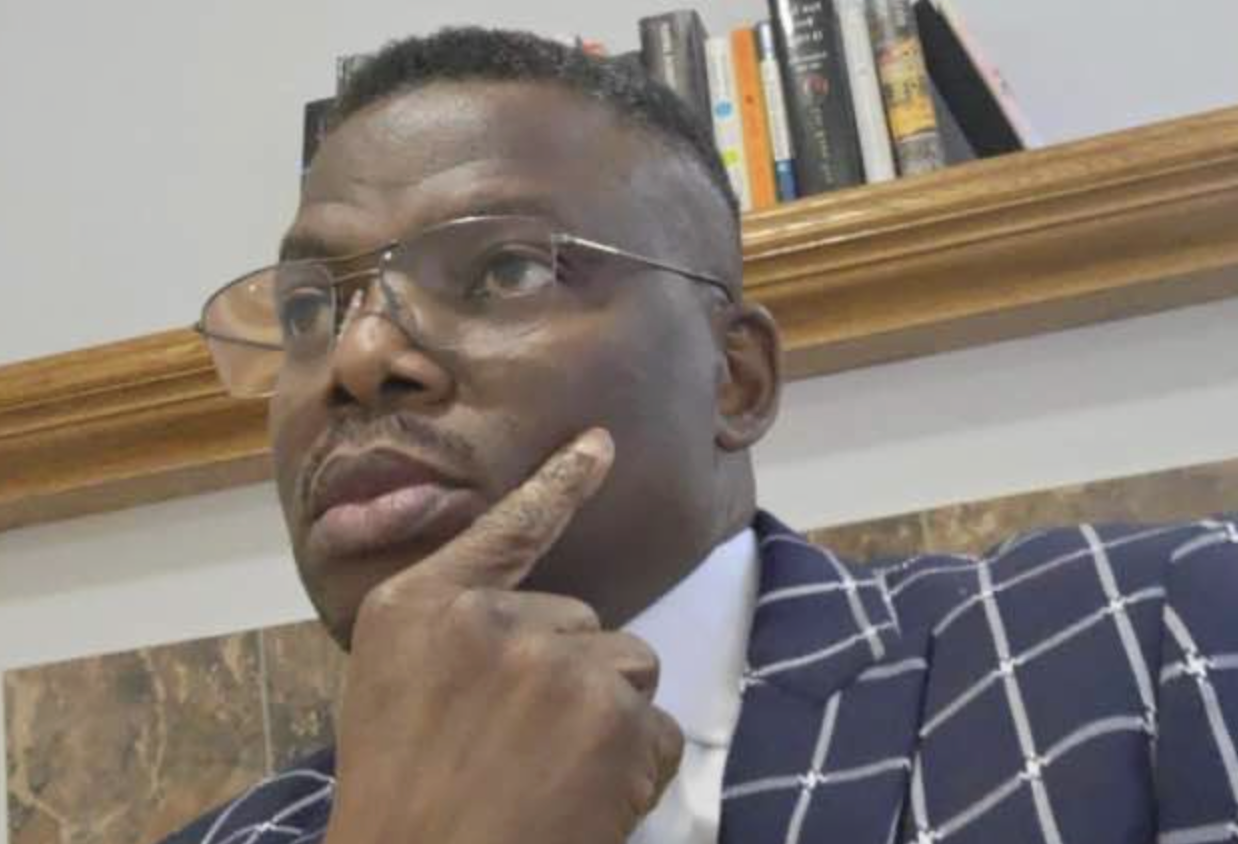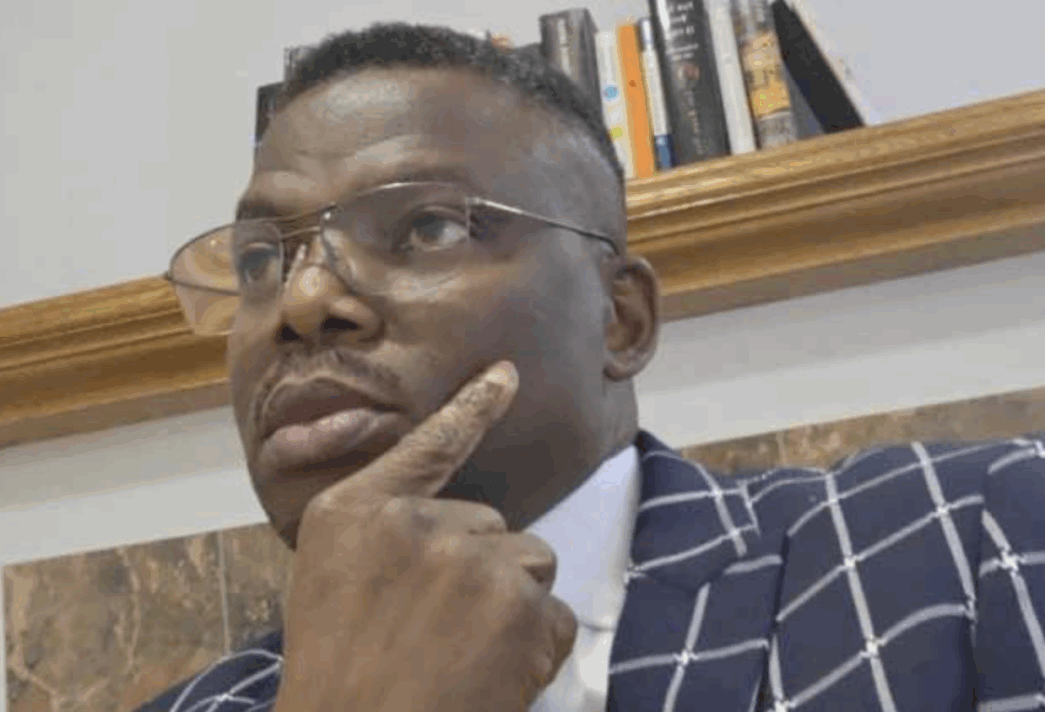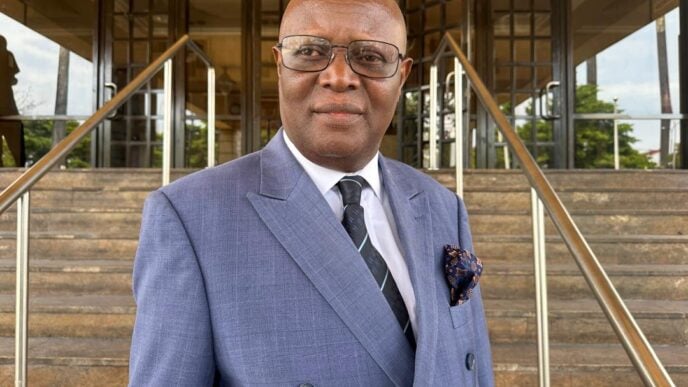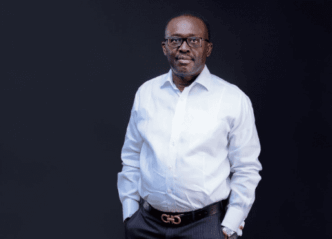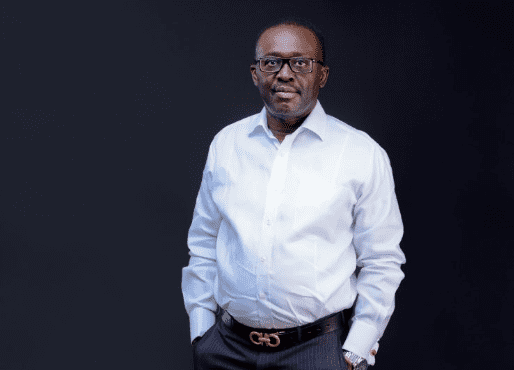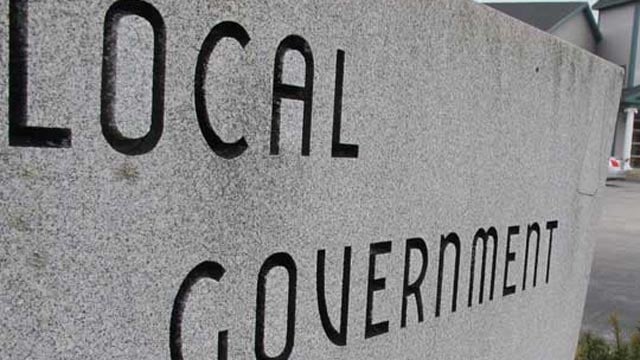Akin Fadeyi
In 2016, shortly after launching the ”Corruption, not In My Country” project, we, in the organisation that I was Founder and President then, Institute for Service Excellence and Good Governance, agreed that the convener of the project, Mr Akin Fadeyi, deserved an award and we presented him with one for the very unique work he was leading. Little did we know at the time that the project would one day become globally recognised, even while the seeds of greatness were evident in that body of work.
Every once in a while, an idea emerges that does not merely challenge a system but stirs the conscience of a people. For me, that is what the Akin Fadeyi Foundation (AFF) represents – a vision borne, not out of convenience or privilege, but deep conviction that to rebuild a nation, one must first rebuild its values. Founded in 2016 by Mr Fadeyi, a writer, communicator, and social reformer of extraordinary courage, AFF is not just an organisation, it is a movement. It is proof that even in a country weighed down by corruption, civic apathy, and moral fatigue, transformation is possible when conviction meets creativity.
When Mr Fadeyi began this journey, he didn’t wait for funding, applause, or validation. He invested his own resources, acquiring professional production equipment, mobilising some of Nigeria’s finest actors, and writing every single script himself. Each story was carefully crafted with humour, realism, and relatable behavioural insight, to help citizens see themselves not as helpless victims, but as active participants in either the problem or the solution. The result was the iconic “Corruption Not In My Country” campaign, comprising 33 high-quality advocacy drama messages produced in one bold sweep. Nigeria has witnessed talk shops, it has hosted community discourse and various anti-corruption initiatives, but the creativity of messaging curated with the “Corruption Not in My Country” campaign has been an unprecedented feat in Nigeria’s civic space.
Soon, it became more than a campaign; it was a compelling awakening. It was pervasive across homes, offices, and it spread widely on social media. Nigerians laughed, argued, and reflected as they recognised fragments of their own choices and moral faux pas in that public advocacy citizens’ engagement campaign. Over time, the series grew to more than 100 episodes, reaching over 60 million Nigerians and 80 million Africans on the platforms of TVC, NTA, Channels TV, in its partnership with the Police, and later on CNN. It redefined what advocacy could look like – not lectures or finger-pointing, but a series of storytelling that touches the soul.
Advertisement
No wonder the campaign earned international recognition and support from the European Union, UNDP, UNODC, MacArthur Foundation led by Dr Kole Shettima in Nigeria and, most recently, a resounding commendation from the US Mission in Nigeria, which commended its impact on transparency and accountability. This recognition, announced on the X (Twitter platform) on the 2nd of September, stated as follows:
“Shout-out to @AFFoundationng’s “Corruption Not In My Country” campaign promoting transparency and accountability – a reminder that the fight against corruption starts with every Nigerian, and together, citizens must demand better, do better, and build a nation where integrity thrives.”
Considering how subtle the language of diplomacy can be, there is no louder endorsement than this United States Government’s recognition and this, commendably, speaks to the mission’s consular and promotion of diplomatic and bilateral responsibility. It was simply telling the Nigerian government that right within your populace is a patriot who commands the capacity for mobilising citizens to do right and remain steadfastly patriotic. The US Mission was to equally complement the founder of Calendly, Tope Awobona, a few weeks later. Effectively, this simply connotes that Akin Fadeyi has secured his place amongst the shapers of our world in the delivering of impact and solution-driven initiatives.
Advertisement
From Media to Movement: Changing Systems
But AFF did not stop at awareness. It evolved into a catalyst for institutional change. In 2017, the Foundation entered into a historic partnership with the Nigerian Police Force, inaugurated at the International Conference Centre, Abuja. The then Inspector General of Police publicly called on Nigerians to “blow the whistle” on corruption within the Force; an unprecedented moment in Nigeria’s anti-corruption history. Akin Fadeyi scaled up his campaign into strategic collaborations in a bold quest to strengthen Nigeria’s institutional capacity for transparency and accountability.
In 2019, the Akin Fadeyi Foundation again broke new grounds by launching the FlagIt App, a civic-tech tool supported by the MacArthur Foundation. The app empowers citizens to report corruption, gender-based violence, and injustice, safely and anonymously, giving ordinary Nigerians a voice in the accountability process.
Beyond reporting corruption, the app has facilitated the arrest and prosecution of cyberbullies and helped rescue vulnerable children from online grooming across Nigeria. With over 5,000 downloads, FlagIt App has become a bridge between civic outrage and institutional response, proof that technology can serve justice in practical, life-saving ways.
In collaboration with the Federal Road Safety Corps (FRSC), AFF has, across the geopolitical zones of the federation, trained over 2,200 senior officers’ and cadets on ethics, accountability and service delivery. This was complemented by the radio series, “Make We Sama Corruption”, which has aired over 200 episodes, sparking national dialogue on everyday corruption. The FRSC’s erstwhile Corps Marshal, Boboye Oyeyemi would later publicly endorse the FlagIt App on the 30th of January, 2021, urging Nigerians to use it to hold officers accountable. Few civic organisations can claim such institutional trust.
Advertisement
Championing Inclusion: Women and Youth at the Forefront
To strengthen the voice of women, the Foundation launched the “What Women Can Do competition,” a gender galvanising initiative showcasing women’s leadership in governance and accountability. Six brilliant winners from across Nigeria presented gender-driven anti-corruption proposals, underscoring the place of integrity in leadership and the pivotal roles of women in governance to achieve this. That same year, the “Put On Your Thinking Cap” campaign challenged citizens to question the integrity of political candidates before voting. Through humour and sharp storytelling, it reached over 156,000 people online, inspiring civic reflection during the election cycle.
Among AFF’s most compassionate efforts is the “Be Safe Project,” which educates students on digital safety, sextortion, gender-based violence, and civic awareness. Over 2,000 students have been directly trained, and countless others indirectly impacted as participants cascade the lessons in their schools.
The Akin Fadeyi Foundation (AFF) doesn’t just advocate for justice, it pursues it. Beyond campaigns and public enlightenment, AFF steps into the lives of those failed by the system and helps them find redress. A powerful example, at the Afe Babalola University (ABUAD), was how the AFF exposed and helped dismantle a dangerous cyberbullying and sextortion cartel targeting young female students. Through the FlagIt App, suicide-prone victims were able to report their abuse anonymously, leading to the identification, arrest, and prosecution of the perpetrators. This breakthrough not only brought justice to survivors but also demonstrated how technology can protect the vulnerable and restore faith in accountability systems.
Another example of AFF’s pursuit of justice is its ongoing intervention for Mrs Esther Osaghae, the widow of Fidelis Osaghae, who was tragically and suspiciously murdered in Auchi, Edo State on the 29th of July 2024. When the bereaved widow reported this tragic event on the FlagIt App, with deep compassion and a firm sense of duty, AFF collaborated with the International Federation of Women Lawyers (FIDA) and the Women Rights Advancement and Protection Alternative (WRAPA), petitioned the authorities, demanding an investigation and the arrest of the masterminds behind the crime. The Foundation’s persistence underscores its belief that justice delayed is justice denied, and that widows, the vulnerable, and the voiceless deserve to be heard and protected. This feeds from AFF’s intervention at different times, dragging arbitrary police conduct to human rights commissions, or rescuing unsuspecting women from the devious jugulars of blackmailers.
Advertisement
Through these interventions, AFF proves that advocacy must go beyond lip-service, and it must act. Whether standing beside a grieving widow and her baby or shielding a young woman from digital predators, the Foundation continues to affirm that justice is not an abstract ideal, but a moral duty.
From its earliest advocacy dramas to its current fusion of civic tech, media engagement, and institutional partnerships, the Akin Fadeyi Foundation has built a body of work that transcends the typical NGO narrative. Its impact is tangible, its vision unwavering, and its message universal: that behavioural change is the true revolution Nigeria needs.
Advertisement
AFF has proven that reform is not the sole preserve of government. It begins in the mind, in the home, in the marketplace, in the small daily choices we make between integrity and convenience. Through humour, empathy, and consistency, the Foundation has ignited conversations that are shifting national consciousness, one citizen at a time.
The recent commendation by the US Mission in Nigeria, widely amplified by local media outlets like The PUNCH, TVC News, The Cable, and ThisDay, is not just a nod of approval, it is a validation that the world is watching, and that Nigeria is capable of producing models of reform that inspire global confidence.
Advertisement
Earlier this year when Akin Fadeyi hosted development work leaders to honour his mentor, Dr Kole Shettima on his newly launched project, iMPACT SERIES, Publisher of the PREMIUM TIMES, Mr Dapo Olorunyomi, described Akin Fadeyi as “a guy who is notorious for the doing of great things”. There is no doubt that Akin is already cooking something else that will not only consolidate on his wins, but also take the nation further by storm.
As one who has followed their journey, I see AFF as more than an organisation, I see it as a movement of moral imagination. A reminder that every Nigerian, regardless of status or background, has a role to play in the slow but steady reorientation of our nation’s soul.
In a time when cynicism is easy and hope is scarce, the Akin Fadeyi Foundation stands as proof that integrity can still inspire change, and that when communication meets conviction, a new Nigeria is possible. This, to me, is the essence of the Foundation’s impact which Akin Fadeyi embodies; that citizens’ changed mindset is not theoretical, but deeply human and very practical.
Advertisement
Fasua is the special adviser to the President on Economic Matters.
Views expressed by contributors are strictly personal and not of TheCable.

